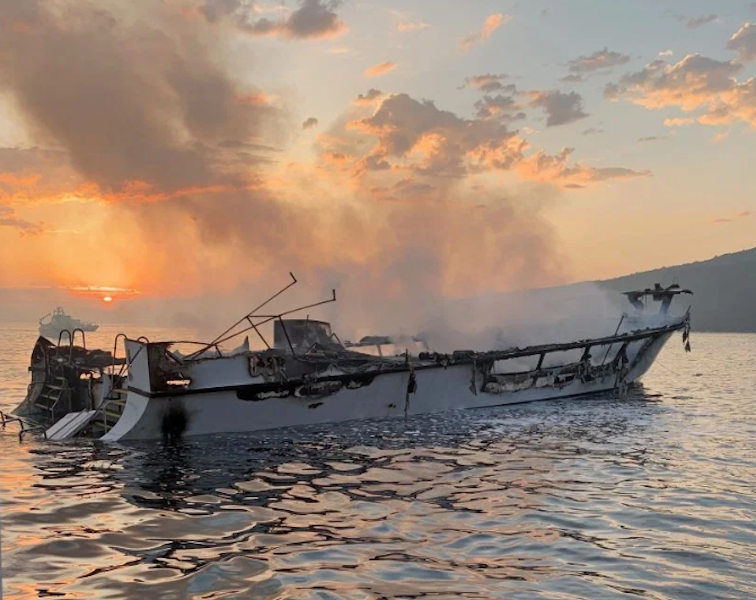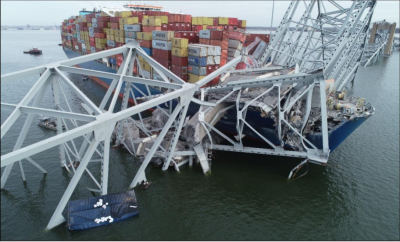The Coast Guard has taken a formal step toward requiring safety management systems (SMS) on U.S.-flag passenger vessels — a move long sought by the National Transportation Safety Board (NTSB) and especially timely following several major marine fatalities.
In an Advanced Notice of Proposed Rulemaking (ANPRM) published Friday, the Coast Guard said it’s evaluating potential use of the systems and wants comments on a variety of issues from the type of passenger vessel to be covered and how to deal with a multi-vessel fleet to the economic impact of a rule and whether owners have seen any safety improvements using another type of SMS such as the Passenger Vessel Association’s (PVA) voluntary Flagship, formally recognized by the Coast Guard in 2017.
As for oversight and inspection of the systems, the Coast Guard said it may look for guidance to the Towing Safety Management System — a key component of Subchapter M, which has an option for third-party auditors. The towboat inspection rule was more than 10 years in the making and covers 6,000 vessels.
The U.S.-flag passenger fleet includes about 6,500 active and inspected vessels, of which 530 are already required to have SMSs to meet International Maritime Organization (IMO) treaty obligations because they carry more than 12 passengers on foreign voyages, the notice said.
SMSes are documented companywide procedures for ensuring safety in everything from vessel operations and equipment maintenance to incident responses and accident reports. “This tool, if properly used, can reduce human factor error and subsequent harm to people, property, and the environment,” the Coast Guard notice said.
The 2010 Coast Guard Authorization Act called for a rule mandating the systems, and the NTSB recommended them two years later. “We’re still waiting to see any semblance of a rule come out of that,” chairman Robert L. Sumwalt said after NTSB’s report last October on a 2019 California dive boat fire that killed 34 people. “This tragedy did not need to happen.”
The NTSB said lax oversight by the owner, no roving watch, insufficient smoke detectors and poor escape routes contributed to the fire. It also faulted the Coast Guard for not requiring SMSes on all U.S.-flag passenger vessels. The Coast Guard, which acknowledges the NTSB’s recommendations, had raised the possibility of a rulemaking last spring saying in a notice that it was planning to seek public comment. A spokesman said an SMS was on its agenda “signaling agency’s intent to move forward with a regulatory project including an ANPRM.”
Six passenger vessel accidents from 2017 to 2019 including the Conception dive boat resulted in 55 deaths, the Coast Guard said in its current notice. Five of the six incidents and all but one of the deaths involved vessels without an SMS. The Coast Guard wants comments “on the number and type of accidents and fatalities that might be prevented by requiring SMSes on some subset of passenger vessels. The Coast Guard believes that SMSes may encourage the spread of relevant safety information….”
Comments must be received by April 15, and may be submitted on www.regulations.gov, docket number USCG–2020–0123.





